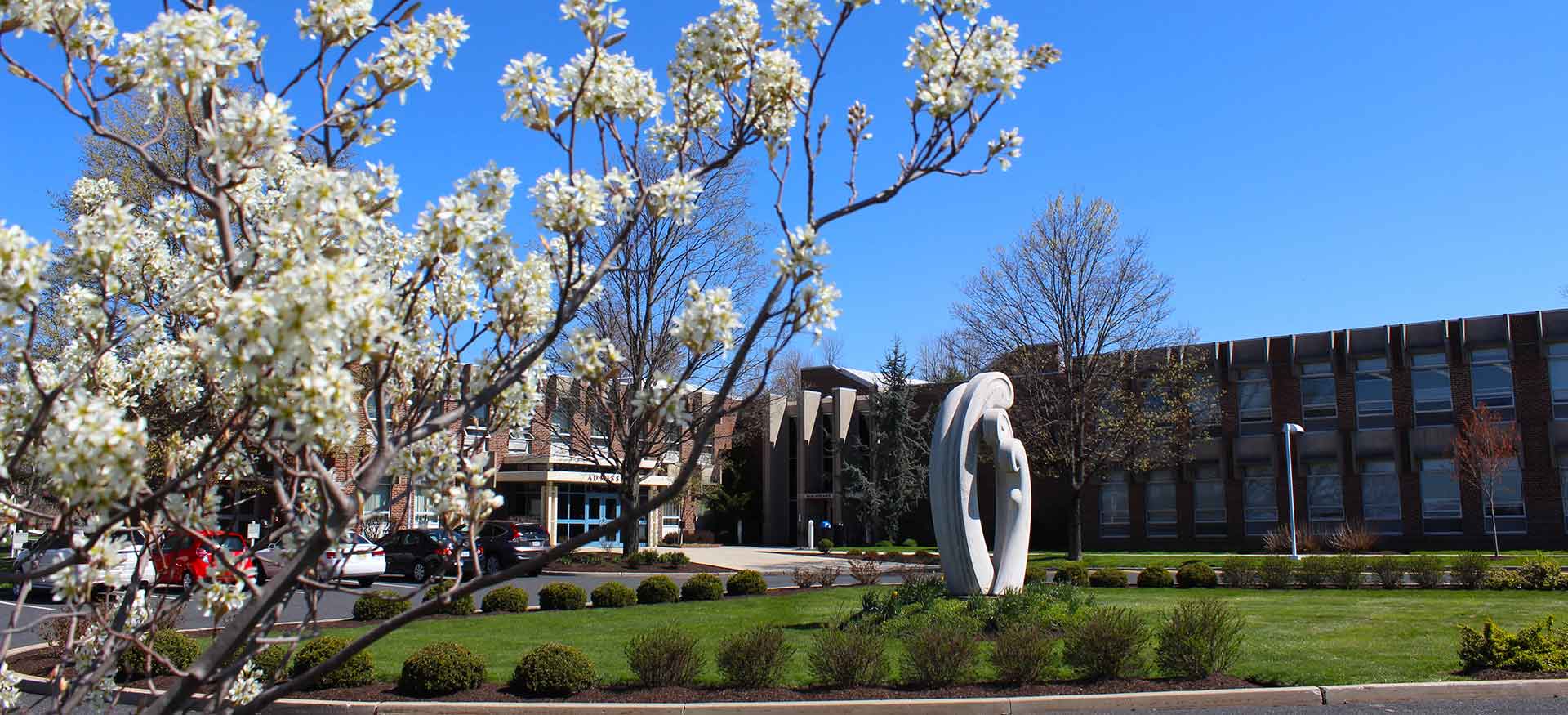What do I have in common with others? How am I distinct from others? What makes me a unique individual even among those with whom I share some common traits or experiences?
Our identity, or sense of self is characterized by many factors, including sociocultural, psychological, and contextual factors




